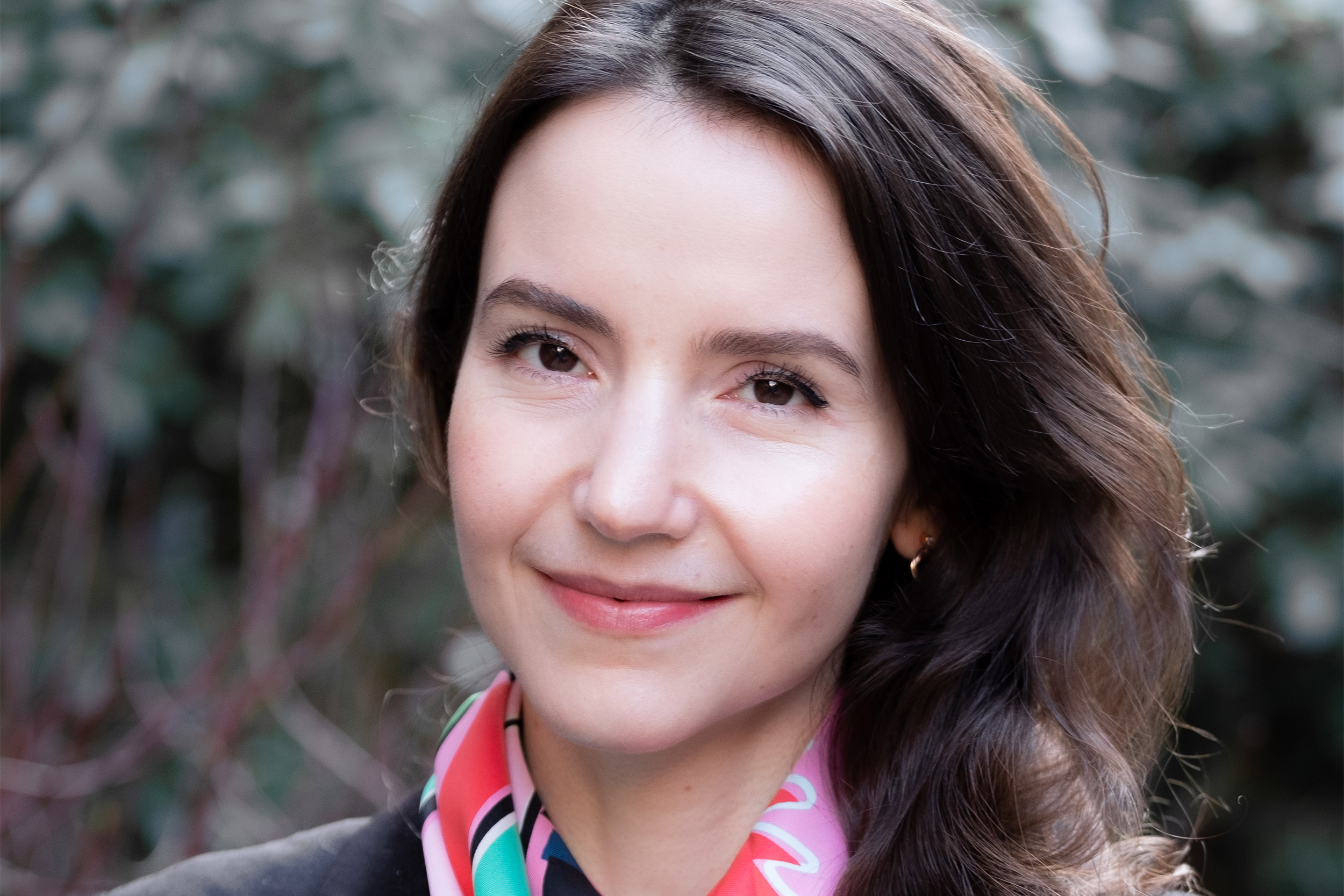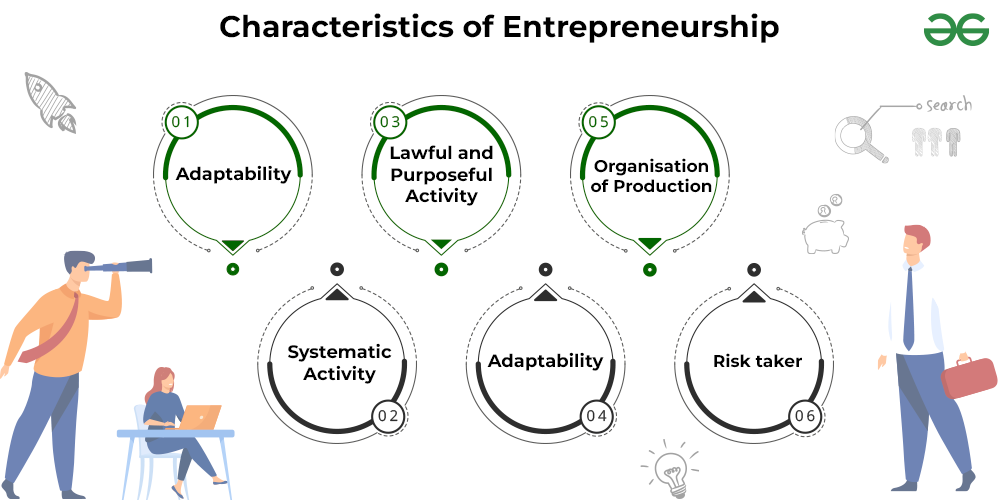Stefanie Stantcheva, a Harvard economist and the newly honored recipient of the 2025 John Bates Clark Medal, is making waves in the realm of tax policy innovation. As a prominent figure in the Harvard Economics department, Stantcheva’s research has been pivotal in understanding the intricate relationship between public finance and economic behavior. Her contributions have not only garnished recognition but also initiated critical discussions on how tax systems can fuel innovation or stifle economic progress. In a recent celebration, colleagues praised her outstanding work which explores the depths of taxation’s effects on innovation, solidifying her place as a leading mind in social economics. With the establishment of the Social Economics Lab, Stantcheva continues to advance her mission of unearthing fresh insights that can reshape economic policies for the betterment of society.
In the world of economic thought and practice, the discussions surrounding taxation and its societal implications are more pertinent than ever. Award-winning economist, Stefanie Stantcheva, leads this crucial dialogue with her innovative research on tax mechanisms and their impact on innovation and economic behavior. Recognized with the prestigious John Bates Clark Medal for her significant contributions, Stantcheva emphasizes the transformative power of well-structured tax policies. The establishment of her Social Economics Lab further reflects a commitment to understanding the complex interplay between economic policies and public sentiment. As she delves into vital issues such as trade, immigration, and social mobility, her work aims to foster a deeper comprehension of how fiscal policies shape the societal landscape.
Stefanie Stantcheva’s Contributions to Tax Policy Innovation
Stefanie Stantcheva has emerged as a pioneering leader in the realm of tax policy innovation, drawing attention for her groundbreaking work that intricately links economic behavior with taxation. Her award-winning research highlights the profound impact that tax structure can have on innovation, emphasizing that well-designed tax policies can stimulate economic growth by encouraging entrepreneurial activities. Stantcheva’s insights suggest that while higher tax rates can dampen the quantity of innovations, they do not necessarily compromise the quality of the innovations produced. This finding is critical for policymakers who aim to strike a balance between tax revenue and fostering a vibrant economic environment.
In her influential study, “Taxation and Innovation in the 20th Century,” Stantcheva and her colleagues demonstrate that the elasticity of innovation in response to tax changes is notably high. This means that even minor adjustments in tax policy can result in significant shifts in innovation levels, revealing the delicate relationship between governmental policy and economic dynamism. Her work not only contributes to the academic discourse but also serves as a vital resource for shaping future tax legislation that seeks to bolster innovation while ensuring equitable economic development.
Recognition Through the John Bates Clark Medal
The awarding of the John Bates Clark Medal to Stefanie Stantcheva marks a noteworthy achievement within the economics community, particularly for someone under the age of 40. This prestigious medal is conferred by the American Economic Association to individuals who have made significant contributions to economic thought and practice. Stantcheva’s innovative research on tax policies and public finance places her in an elite category of economists, recognized not just for her academic excellence, but also for her potential to influence the field significantly in the years to come.
During the celebration of her award, fellow economists, including FAS Dean Hopi Hoekstra and department chair Elie Tamer, commended her exceptional research and the positive impact it has on understanding the complexities of economic policies. Celebrating her as a beacon of success for Harvard economics, her peers acknowledged that her achievements reflect the strength and future potential of the department. This recognition not only honors Stantcheva’s individual contributions but also highlights the importance of nurturing young economists who will tackle pressing global issues through innovative research.
The Role of the Social Economics Lab
Founded by Stefanie Stantcheva in 2018, the Social Economics Lab serves as a platform for exploring diverse economic issues ranging from trade and social mobility to immigration and climate change. The lab encourages interdisciplinary collaboration and research, allowing economists to delve into various dimensions of social economics, thereby enriching the academic landscape. By fostering an environment that prioritizes innovative methodologies and diverse inquiries, Stantcheva is establishing a forward-thinking approach to contemporary economic challenges.
One of the recent focuses of the Social Economics Lab is the interplay between human emotions and economic policies. By investigating key concepts such as zero-sum thinking, the lab seeks to understand how psychological factors influence public perception and acceptance of various economic strategies. Stantcheva’s efforts reflect her commitment to broadening the scope of economic research, integrating social perspectives into traditional economic frameworks to yield insights that are both relevant and impactful. Through this initiative, she aims to equip future economists with the tools necessary to analyze and address the multifaceted nature of modern economic issues.
Harvard Economics: A Beacon of Innovation
Harvard University has long been regarded as a premier institution for economic education and research, consistently producing influential thinkers who shape the future of economic policy. The achievements of Stefanie Stantcheva, particularly her recent receipt of the John Bates Clark Medal, underscore the university’s continued dedication to fostering innovative research and providing a robust academic environment. This recognition not only highlights individual accomplishments but also elevates the institution’s reputation in the global academic sphere.
As the landscape of economics continues to evolve, Harvard remains at the forefront, emphasizing research that addresses contemporary issues with innovative solutions. The collaborative spirit within departments like the Economics Department illustrates the vibrant community of scholars engaged in rigorous inquiry, all contributing to a forward-thinking economics discipline. Stantcheva’s work exemplifies this spirit, inspiring both students and colleagues to explore new paradigms in economic research and advocate for policies that enhance societal welfare.
The Future of Tax Policy and Innovation
The future of tax policy is critical to fostering innovation in economies worldwide, and scholars like Stefanie Stantcheva are leading the charge in understanding and reshaping this narrative. Her research on the relationship between taxation and innovation has far-reaching implications, suggesting that policymakers need to craft tax systems that not only generate revenue but also stimulate entrepreneurial behavior. As nations grapple with the challenges of sustaining growth, the insights provided by economists such as Stantcheva will be pivotal in guiding effective policymaking.
In an environment where innovation is increasingly recognized as a driver of economic success, the need for effective tax policies that encourage research and development is more crucial than ever. Through rigorous analysis and innovative thinking, economists can offer solutions that help governments design tax frameworks that empower individuals and businesses to innovate. Stantcheva’s commitment to examining these crucial intersections places her at the forefront of a transformation that could redefine economic landscapes in the years ahead.
Exploring the Interplay Between Emotion and Economic Policy
At the Social Economics Lab, Stefanie Stantcheva is spearheading research that explores the connection between emotions and economic policies, a nuanced area that deserves attention in today’s policy-making environments. Understanding how public sentiments affect economic behavior can inform the design of policies that resonate with individuals on a deeper level. By examining feelings such as fear or optimism in relation to economic decisions, researchers can uncover insights that drive more effective engagement with the public regarding policy changes.
This innovative approach recognizes that economic policies are not simply mechanical tools; they also interact with the human experience. Analyzing how emotions influence perceptions of tax policies, for instance, can help mitigate resistance to necessary reforms. Stantcheva’s work is crucial for bridging the gap between economic theory and real-world application, emphasizing that successful policy often hinges on understanding the psychological barriers that individuals face. Her initiative is setting the stage for future research that aligns economic policy with the sentiments of society.
Harvard’s Legacy of Economic Thought
The legacy of Harvard University in shaping economic thought is well-established, with a long history of influential economists who have contributed to both academic theory and practical applications. The award of the John Bates Clark Medal to noteworthy individuals like Stefanie Stantcheva signifies the institution’s ongoing influence in producing scholars who challenge conventional wisdom and propose innovative perspectives. As part of this legacy, Stantcheva exemplifies a new wave of economists who are redefining the ways we understand economic interactions.
Through extensive research in areas such as public finance, tax policy, and social economics, Harvard economists continue to impact policy debates both nationally and globally. The university’s commitment to academic excellence and exploration of critical social issues is reflected in the achievements of its faculty and students. As Harvard nurtures the next generation of thinkers and leaders in economics, the work of scholars like Stantcheva serves as an inspiration, pushing the boundaries of economic research and application to meet the challenges of the modern world.
The Influence of Public Finance on Economic Behavior
Public finance is an essential component of economic analysis, influencing everything from growth trajectories to sustainable development outcomes. Stefanie Stantcheva’s research highlights the intricate relationships between tax policy and economic behavior, underscoring the importance of understanding how generalized tax structures can impact innovation and creativity within economies. By analyzing these relationships, her work contributes significantly to the ongoing discourse on how effective public finance strategies can lead to enhanced economic performance.
In an era where global economies face complex challenges, from climate change to resource allocation, the insights generated by studies in public finance are invaluable. Stantcheva’s work not only addresses the theoretical implications but is also grounded in empirical analysis, showing how tax reforms can encourage innovative solutions to pressing economic issues. As policymakers consider structural changes to tax systems, the evidence provided by economists like Stantcheva will be fundamental in guiding decisions that promote sustainable economic growth.
Shaping Economic Education Through Innovative Research
Stefanie Stantcheva’s research and accolades, including the prestigious John Bates Clark Medal, offer a glimpse into the future of economic education enriched by innovation and new methodologies. By emphasizing research that intersects with real-world applications, she is inspiring a new generation of economists who can comprehend both the technical and social implications of economic policies. This approach highlights the importance of equipping students with a well-rounded understanding of economics, blending quantitative analysis with qualitative insights.
The ongoing evolution of economics as a discipline necessitates that educational institutions adapt to new research paradigms. Stantcheva’s leadership in the Social Economics Lab exemplifies how creating spaces for interdisciplinary research can benefit economic education. Efforts to engage students with current issues, such as the emotional responses to policy, will provide them with valuable perspectives that extend far beyond traditional economic frameworks. As educational models evolve alongside economic thought, Stantcheva’s work continues to illuminate pathways for effectively teaching and applying economic principles.
Frequently Asked Questions
Who is Stefanie Stantcheva and what is the John Bates Clark Medal?
Stefanie Stantcheva is a prominent economist at Harvard University and the Nathaniel Ropes Professor of Political Economy. She was awarded the John Bates Clark Medal in 2025 for her significant contributions to economics, particularly in tax policy innovation.
What contributions did Stefanie Stantcheva make to tax policy innovation?
Stefanie Stantcheva has made pioneering contributions to understanding the relationship between tax policy and innovation. Her research highlights how well-designed tax systems can encourage economic activity and innovation, as seen in her co-authored paper ‘Taxation and Innovation in the 20th Century,’ which found that innovation responds with high elasticity to tax policy changes.
How does the work of Stefanie Stantcheva influence public finance?
Stefanie Stantcheva’s work influences public finance by providing insights into how tax policy affects economic behavior. She emphasizes that a well-structured tax system can foster innovation while poorly designed taxes may hinder economic activity, showcasing the powerful role taxes play in shaping an economy.
What is the Social Economics Lab founded by Stefanie Stantcheva?
Founded by Stefanie Stantcheva in 2018, the Social Economics Lab is a research initiative focused on understanding how individuals perceive and react to economic issues and policies. It explores innovative topics such as the relationship between emotions and policy, aiming to enhance our knowledge of social mobility and public attitudes towards economic policy.
What recognition did Stefanie Stantcheva receive for her work in economics?
In April 2025, Stefanie Stantcheva was honored with the John Bates Clark Medal, a prestigious award given by the American Economic Association to an economist under 40 for significant contributions to the field, recognizing her innovative insights into tax policy and its broader implications for the economy.
What are the main areas of research for Stefanie Stantcheva?
Stefanie Stantcheva’s main research areas include tax policy innovation, public finance, trade, immigration, climate change, and social mobility. Her work often examines the nuances of how tax changes can impact economic innovation and societal outcomes.
How did the Harvard community react to Stefanie Stantcheva’s award?
The Harvard community celebrated Stefanie Stantcheva’s receipt of the John Bates Clark Medal with great pride. Colleagues from the Economics Department expressed admiration for her stellar work and contributions, reinforcing the department’s reputation in the field of economics.
| Key Points |
|---|
| Stefanie Stantcheva awarded the 2025 John Bates Clark Medal for exceptional contributions to economics. |
| Recognized for insights on tax policy and innovation, focusing on public finance. |
| Her 2022 paper emphasized high elasticity of innovation in response to tax policy changes. |
| Higher taxes might reduce the quantity of innovation but not its quality. |
| Founder of the Social Economics Lab, focusing on issues like trade, immigration, and climate change. |
| Continuing research on psychological aspects of economic policies at the Social Economics Lab. |
Summary
Stefanie Stantcheva has been rightfully honored with the prestigious 2025 John Bates Clark Medal, showcasing her leading role in economic research, particularly in tax policy and innovation. Her pioneering studies have significantly contributed to our understanding of how tax systems can either foster or hinder economic growth. As she continues her impactful work through the Social Economics Lab, Stantcheva’s research promises to explore even deeper the connections between economic policy and social behavior, establishing her as a crucial figure in shaping future economic discussions.










Leave a Reply